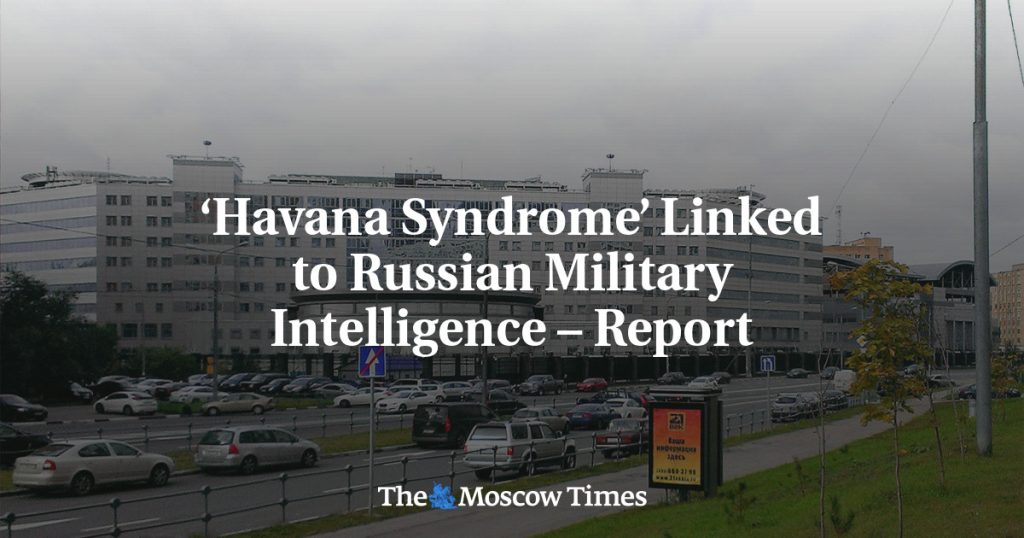A recent investigation by The Insider, 60 Minutes, and Der Spiegel revealed that a Russian GRU military intelligence unit, known as Unit 29155, may have been behind attacks using acoustic weapons against U.S. diplomats and spies around the world. This sheds new light on the unexplained health incidents known as “Havana Syndrome,” which first appeared in 2016 when U.S. diplomats in Cuba reported falling ill and hearing piercing sounds at night. Since then, over 100 reports of the illness, formally referred to as anomalous health incidents, have emerged in various locations including China, Europe, and Washington D.C.
Unit 29155, a GRU assassination and sabotage squad, has been linked to previous destabilizing assassination attempts in several European countries. Senior members of the unit were reportedly rewarded for developing “non-lethal acoustic weapons,” suggesting a potential motive for the attacks on U.S. diplomats and spies. The investigation cited intercepted Russian intelligence documents, travel logs, call metadata, and eyewitness testimony to establish a connection between Unit 29155 and the mysterious attacks using sound- and radiofrequency-based weapons.
The investigation also revealed that the attacks may have started earlier than previously known, with reports of two separate attacks in Frankfurt, Germany in November 2014. Moscow has denied any responsibility for these incidents, while U.S. intelligence agencies initially deemed foreign involvement in causing Havana Syndrome as “very unlikely.” However, ongoing symptoms of the illness include migraines, chronic dizziness, and depression, prompting continued investigation into the potential involvement of foreign entities like Unit 29155.
In March 2023, intelligence agencies reported that the symptoms of Havana Syndrome were likely the result of pre-existing conditions, conventional illnesses, and environmental factors. Adam, a CIA officer affected by the syndrome in Cuba, disputed this assessment, suggesting that the intelligence community may have been either incapable of carrying out its basic function or working to cover up the facts and mislead those affected by the attacks. This raises questions about the transparency and accountability of intelligence agencies in responding to incidents of targeted health attacks.
The use of acoustic weapons against U.S. diplomats and spies underscores the evolving nature of threats faced by personnel serving abroad. As the investigation sheds light on the tactics employed by Unit 29155, it highlights the need for enhanced security measures and vigilance to protect diplomatic and intelligence personnel from potential harm. The diplomatic implications of these attacks may also impact relations between the U.S. and Russia, as allegations of state-sponsored attacks on foreign soil have the potential to strain diplomatic ties between nations.
Moving forward, it will be essential for intelligence agencies to continue investigating the origins and motives behind the attacks associated with Havana Syndrome. By uncovering the responsible parties and implementing measures to prevent future incidents, the U.S. government can better protect its diplomats, spies, and military officers serving in high-risk environments. The revelations from the joint investigation serve as a stark reminder of the complex and multifaceted challenges faced by those involved in national security and intelligence operations, as they navigate the evolving landscape of modern threats and adversaries.















